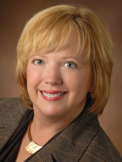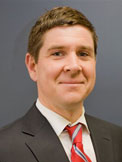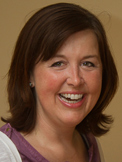
Debra Hoffer (BF ’12, BF ’04, BF ’02, LN ’06, LL ’93) president, Junior Achievement of Kentuckiana, Inc.
Bingham Fellows Class of 2012
My first thought when I heard about the 2012 Bingham Fellows topic was that if there is a magic bullet for increasing parental engagement in their children’s education, someone would have already discovered it. In fact, they’d be a regular on Oprah.
Fast forward to the Bingham Fellows Opening Retreat. I’d read my homework, had a few ideas to contribute and was hopeful that we would share our visions for success, agree on the best solutions and the rest of the Bingham Fellows process would be just ironing out details. In reality, the process seemed a lot like trying to eat an elephant (something which I have never done in one sitting). At the end of the day, I decided to just trust the process and modify my expectations for immediate clarity of vision. A nice glass of Chardonnay was waiting for me at home, which helped me adjust my attitude.
What has transpired during recent weeks is a sometimes frustrating, sometimes delightful, always exhausting process that seems to be leading to some form of success. We have listened to wise speakers, performed more research and tossed out hundreds of ideas, both good and bad. Now, in our small groups, we are narrowing our focus. We are taking small bites of the elephant. And, it tastes quite good.
What I am learning is the importance of setting the big goals aside while one works to set small goals. Small goals give us something to chew on, something with attainable outcomes. We have begun to join our minds together to agree upon a common definition of success, and we are becoming a team.
I think that, one bite at a time, we will eventually eat this elephant.


